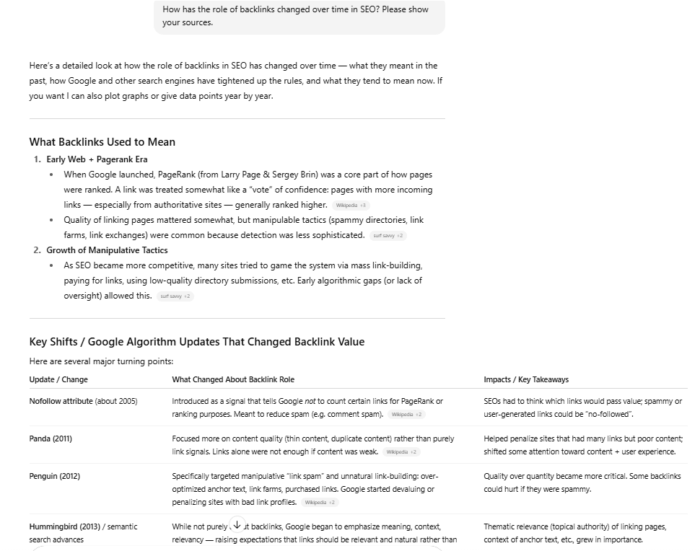65-year-old furloughed by government shutdown: 'I could lose the house. I could lose my car. I could lose everything'
The government shutdown could put an immense amount of financial strain on low-wage workers, many of whom already live paycheck to paycheck, union leaders say.

On Tuesday, Willie Price woke up at 3 a.m. to deliver newspapers. At 6:30 a.m., she clocked into her food service job, working the cash register and making coffee, in a cafeteria at the Library of Congress on Capitol Hill.
Then, on Wednesday, the government shut down.
Price, who says she makes about 16 cents per newspaper she delivers and $25 an hour from her food service job, says she hasn't worked since Tuesday. If the shutdown continues, she won't be able to pay her bills this month.
"I don't even know what to do," the 65-year-old, who says she lives paycheck to paycheck, tells CNBC Make It. "I could lose the house. I could lose my car. I could lose everything."
Price is one of many hourly contractors who work directly for the government or through third-party contractors who will not be paid during the shutdown period. Some federal employees are guaranteed back pay once the shutdown ends, but contractors are not.
Shutdowns have typically lasted about four days. The most recent one in 2018 was the longest on record, lasting more than a month. On Friday afternoon, the Senate failed to pass either of the funding bills that would have ended the three-day government shutdown. The shutdown is now expected to extend at least through Monday, Oct. 6.
A prolonged shutdown could put an immense amount of financial strain on low-wage workers, many of whom already live paycheck to paycheck, said Randy Erwin, president of the National Federation of Federal Employees, a union that represents 110,000 federal workers nationwide.
'People think they can play with people's livelihoods'
Starting Oct. 6, Audrey Murray, a 64-year-old security officer, says she will no longer receive her $20.22-an-hour paycheck from her job at the Smithsonian's National Portrait Gallery. While she's not expecting to be furloughed from her second job at the State Department, she says the income from that job alone will not cover her bills for the month.
"I'm just in limbo right now," Murray says. "It's just funny how people think they can play with people's livelihoods. I do all the right things. I go to work."
Willie Price (L) and Audrey Murray (R) are contract workers who will not receive paychecks during the government shutdown.
Christina Locopo | CNBC Make It (Photos courtesy of: Willie Price and Audrey Murray)
A single mother to two teenage sons and a full-time caregiver for her 12-year-old granddaughter, Murray says it took her two years to pay off the money she borrowed from her relatives during the last government shutdown in 2018.
Every month, she makes a $2,200 mortgage payment and spends up to $600 on groceries for her family, she says, plus costs for utilities and child care. She's already thinking about how she might have to ask her children to ration their food.
"How am I going to feed my children and pay my bills?" Murray says. "I need to keep my electric on. I have to keep my gas on."
Many low-wage workers may not be able to pay their bills
It's unclear how many workers will be affected in total, but about 750,000 federal government employees could be put on unpaid leave each day of the shutdown, according to the Congressional Budget Office.
Low-wage workers are the ones who will bear the brunt of the government shutdown, Manny Pasterich, president of 32BJ SEIU, a union that represents 2,400 federally contracted security officers, office cleaners and food service workers, said in a Tuesday statement.
"Not only do 32BJ members earn less than direct federal employees, but they also would be ineligible to receive backpay," Pasterich said. "A government shutdown would turn their lives upside down, forcing many to risk eviction, have their utilities turned off and leave them unable to feed themselves and their families."
At the Smithsonian, Murray says "everyone" is worried about how the shutdown will affect their lives. In the past few days, she's seen many of her coworkers cry on the job from the stress, she says.
"It's so sad to see everybody sad," she says. "People don't know how they're going to pay their bills. People don't know how they're going to put food on the table."
Want to be your own boss? Sign up for CNBC's new online course, How To Start A Business: For First-Time Founders. Find step-by-step guidance for launching your first business, from testing your idea to growing your revenue.
Plus, sign up for CNBC Make It's newsletter to get tips and tricks for success at work, with money and in life, and request to join our exclusive community on LinkedIn to connect with experts and peers.

 ValVades
ValVades 































